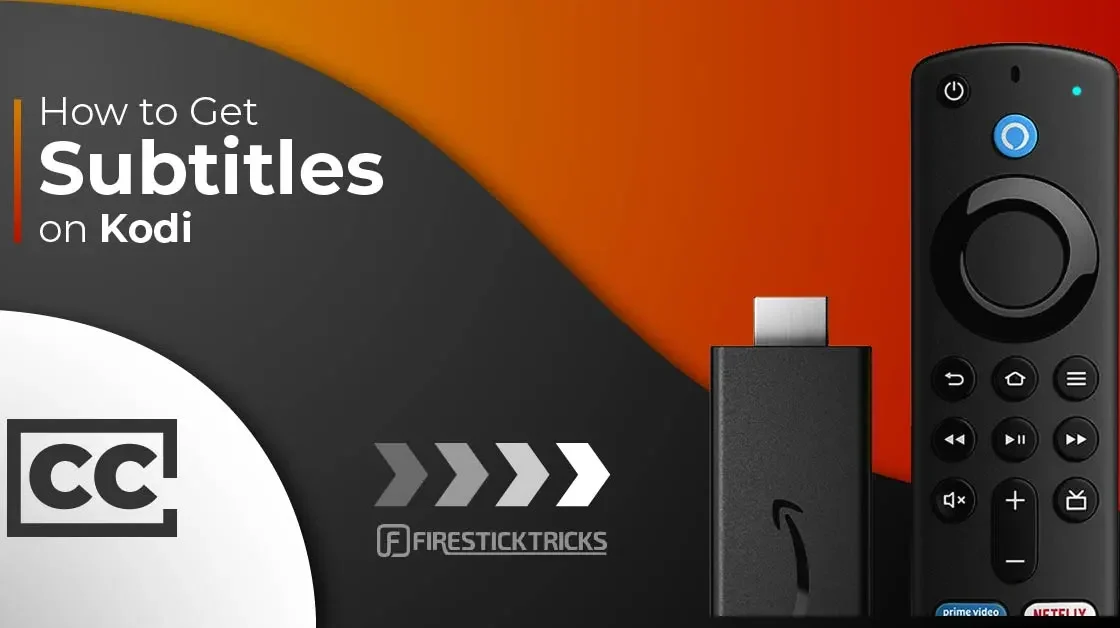
The television landscape has undergone significant changes over the past decade, with many viewers considering the shift from traditional TV to IPTV (Internet Protocol Television). As more people explore the benefits of “cutting the cord,” it’s important to understand the pros and cons of both IPTV vs. Traditional TV to make an informed decision. In this blog, we will delve into the key differences and help you decide which option is best for you.
IPTV vs. Traditional TV: Pros and Cons of Cutting the Cord 2024
What is Traditional TV?
Traditional TV, often referred to as cable or satellite TV, involves receiving television broadcasts via cable networks or satellite signals. This form of TV has been the standard for decades, offering a variety of channels and services through a subscription-based model.
What is IPTV?
IPTV, or Internet Protocol Television, delivers television content over the internet. Instead of relying on cable or satellite signals, IPTV uses broadband connections to stream live TV channels, on-demand content, and other multimedia. IPTV services are usually accessed through dedicated apps on smart TVs, smartphones, tablets, or streaming devices like Roku, Amazon Fire Stick, and Apple TV.
Pros and Cons of IPTV
Pros
1. Flexibility and Convenience
- IPTV services can be accessed from multiple devices, including smartphones, tablets, smart TVs, and laptops. This allows viewers to watch their favorite shows and movies anywhere, anytime.
2. On-Demand Content
- IPTV offers a vast library of on-demand content, allowing viewers to watch what they want, when they want. This is a significant advantage over traditional TV, which relies on scheduled programming.
3. Cost-Effectiveness
- IPTV subscriptions are often more affordable than traditional cable or satellite packages. Many IPTV services offer customizable plans, enabling users to pay only for the channels and content they want.
4. Interactive Features
- IPTV services come with interactive features such as pause, rewind, and fast-forward, giving viewers more control over their viewing experience. Some services also offer additional features like live chat and social media integration.
Cons
1. Internet Dependency
- IPTV relies on a stable and high-speed internet connection. Without a reliable internet service, viewers may experience buffering, lag, or interruptions in their streaming experience.
2. Limited Availability
- Some IPTV services may have regional restrictions, limiting access to certain content or channels based on the user’s location.
3. Technical Issues
- As with any internet-based service, IPTV can be susceptible to technical issues such as server outages, software glitches, or compatibility problems with certain devices.
4. Potential Legal Concerns
- Not all IPTV services operate legally. Viewers must ensure they are subscribing to legitimate providers to avoid potential legal issues and ensure a reliable service.
Pros and Cons of Traditional TV
Pros
1. Reliability
- Traditional TV services are generally more reliable, with fewer interruptions compared to internet-based streaming. Cable and satellite signals are not dependent on internet connectivity.
2. Channel Variety
- Traditional TV packages often include a wide range of channels, including local broadcasts, sports networks, and premium channels. This extensive channel lineup can be appealing to viewers who want a comprehensive viewing experience.
3. Ease of Use
- Traditional TV setups are straightforward, with no need for additional devices or apps. Viewers can simply turn on their TV and start watching.
Cons
1. Higher Costs
- Cable and satellite TV subscriptions tend to be more expensive, with many providers requiring long-term contracts and additional fees for equipment rental, installation, and premium channels.
2. Lack of Flexibility
- Traditional TV schedules are fixed, and viewers must adhere to the programming timetable. While DVR services can mitigate this, they often come at an additional cost.
3. Limited On-Demand Options
- Traditional TV services typically offer fewer on-demand options compared to IPTV, limiting viewers’ ability to watch content at their convenience.
Making the Switch: Is Cutting the Cord Right for You?
Deciding whether to switch from traditional TV to IPTV depends on your viewing habits, budget, and personal preferences. If you value flexibility, on-demand content, and cost savings, IPTV may be the right choice for you. However, if you prioritize reliability, channel variety, and ease of use, traditional TV might still be the better option.
Considerations for Transitioning to IPTV
- Assess Your Internet Connection
- Ensure you have a stable and high-speed internet connection to support IPTV streaming. This is crucial for avoiding buffering and interruptions.
- Research IPTV Providers
- Choose a reputable IPTV provider with a good track record. Look for providers that offer trial periods, positive reviews, and comprehensive channel lineups.
- Evaluate Device Compatibility
- Ensure your preferred IPTV service is compatible with your existing devices, such as smart TVs, streaming devices, and mobile devices.
- Understand the Legal Landscape
- Make sure the IPTV service you choose operates legally to avoid potential legal issues and ensure a reliable service.
Conclusion
The choice between IPTV and traditional TV ultimately comes down to your individual needs and preferences. Both options have their advantages and disadvantages, and understanding these can help you make an informed decision. Whether you decide to embrace the flexibility of IPTV or stick with the reliability of traditional TV, the key is to find a solution that best fits your lifestyle and viewing habits. If you’re ready to explore the benefits of IPTV, consider checking out IPTVSMARTER+ for a reliable and comprehensive IPTV experience. Happy streaming!



